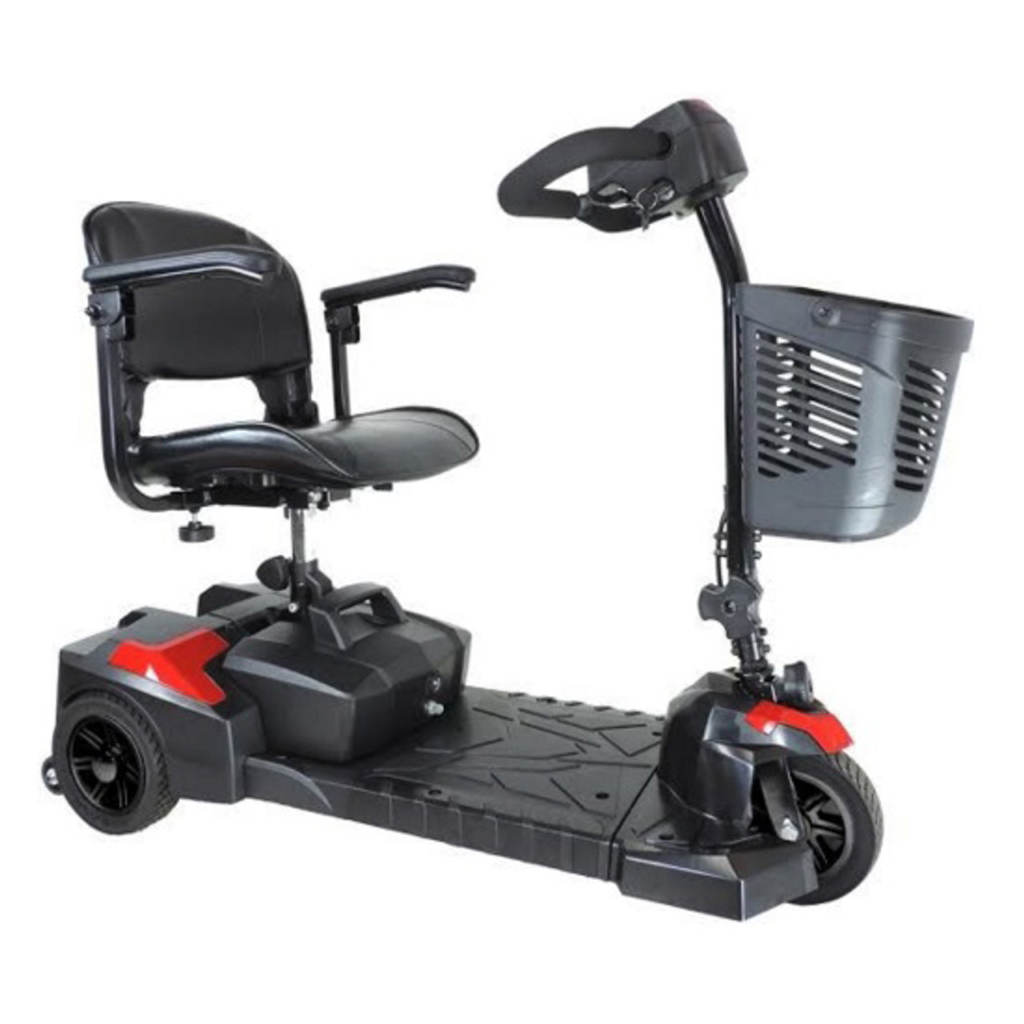
If you’re an Original Medicare beneficiary in need of a power wheelchair or scooter, there are specific requirements you should be aware of, particularly regarding prior authorization. Prior authorization is the process through which Medicare must grant permission before you can receive certain services or items. It’s important to note that this requirement applies exclusively to certain power wheelchairs and scooters.
Here’s what you need to know:
- Prior Authorization Requirement: To determine whether you need prior authorization for a power wheelchair or scooter, your healthcare provider or supplier should first contact Medicare. This step is crucial in understanding whether prior authorization is necessary for your specific equipment.
- Alternative Requirement: In cases where you require a power wheelchair or scooter that isn’t subject to prior authorization, you may instead need a signed order from your primary care provider for Original Medicare to cover the device.
- Request Process: If prior authorization is deemed necessary, your provider or supplier must initiate the request and send it to the Durable Medical Equipment Medicare Administrative Contractor (DME MAC). The DME MAC is responsible for reviewing your request and responding within 10 business days. They may expedite the process if your health would be at risk without the equipment. The response will either approve or deny your request.
- Approval and Costs: If the DME MAC grants prior authorization for your equipment, your supplier will provide it, and you will be responsible for your regular Medicare cost-sharing amounts, including deductibles and coinsurances.
- Denial and Appeals: In the event that the DME MAC denies prior authorization for your equipment, your provider or supplier may request authorization once more, providing additional reasons for why you need the power wheelchair or scooter. If you face another denial, it’s unlikely that Medicare will cover the durable medical equipment (DME).
- Advance Beneficiary Notice (ABN): If you decide to proceed with obtaining the DME after a prior authorization denial, your provider should have you sign an Advance Beneficiary Notice (ABN). This notice serves as your acknowledgment that Medicare will not cover the requested DME, and you will be responsible for the full cost. Importantly, you should opt for the supplier to still submit a bill to Medicare. This enables you to exercise your right to appeal if Medicare denies payment.
Understanding the prior authorization process and its implications is essential when seeking power wheelchairs and scooters through Medicare to ensure you receive the necessary equipment and manage any associated costs effectively.